detail profile adam plachetka
Peran Yang Di Mainkan Adam Plachetka
 Tony Awardwinning director Ivo van Hove...
Tony Awardwinning director Ivo van Hove...The Metropolitan Opera: Don Giovanni 2023
Tony Award–winning director Ivo van Hove makes a major Met debut with a new take on Mozart’s tragicomedy, re-setting the familiar tale of deceit and damnation in an abstract architectural landscape and shining a light into the dark corners of the story and its characters. Maestro Nathalie Stutzmann makes her Met debut conducting a star-studded cast led by baritone Peter Mattei as a magnetic Don Giovanni, alongside the Leporello of bass-baritone Adam Plachetka. Sopranos Federica Lombardi, Ana María Martínez, and Ying Fang make a superlative trio as Giovanni’s conquests—Donna Anna, Donna Elvira, and Zerlina—and tenor Ben Bliss is Don Ottavio.
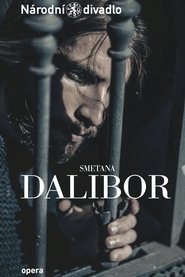 Dalibor is based on events that...
Dalibor is based on events that...Dalibor 2022
Dalibor is based on events that took place in the 15th century: having led a peasant revolt, the Knight Dalibor of Kozojedy was imprisoned, by order of King Vladislav II of Bohemia, in a tower in Prague Castle that still bears the name “Daliborka” to this day. Legend has it that he learned to play the violin while he was incarcerated, and that the people passing by the tower would be moved on hearing his music.
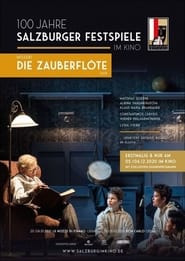 Magic opera Singspiel a comedy with...
Magic opera Singspiel a comedy with...Mozart: Die Zauberflöte 2019
Magic opera, Singspiel, a comedy with spectacular stage effects, Masonic ritual with Egyptian mysteries, heroic-comic opera? Die Zauberflöte is heard more often and has been more frequently performed, discussed, queried and interrogated than almost any other work in the history of opera. It is rare for the mysteriousness and multiformity of a work to be adjured with such mantric intensity. It is equally rare for a work to enjoy such undisputed success despite all these debates – and for over two hundred years at that.
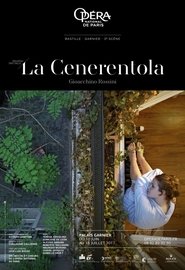 Divested of its traditional attributes glass...
Divested of its traditional attributes glass...Rossini: La Cenerentola 2018
Divested of its traditional attributes – glass slipper and pumpkin carriage – and dominated by a tyrannical stepfather instead of a cruel stepmother, Rossini’s la Cenerentola plays with these most conventional of fairy‑tale characters. Nonetheless Cinderella lives in a closed world devoid of tenderness and under the yoke of the tormentor whom she protects. Deep beneath her goodness smoulders a fire that her encounter with the prince will set free… Guillaume Gallienne subtly highlights the halftones of this dramma giocoso, somewhere between opera buffa and opera seria, and ranging from sombre melancholy to the burlesque.
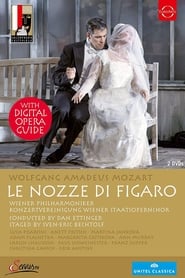 The Salzburg Festival presents one of...
The Salzburg Festival presents one of...Mozart: The Marriage of Figaro (Salzburg Festival) 2015
The Salzburg Festival presents one of Wolfgang Amadeus Mozart's masterpieces: the opera Le Nozze di Figaro, in a new production staged by Sven-Eric Bechtolf and conducted by Dan Ettinger. Set-List: Wolfgang Amadeus Mozart, Le nozze di Figaro, K. 492.
 The setting of the opera is...
The setting of the opera is...Alcina 2011
The setting of the opera is the enchantress Alcina's island: here by her magic powers she has created a magnificent palace in a beautiful landscape, to lure her many lovers into her power. One of these is Ruggiero, a warrior, who under Alcina's spell has forsaken his duty and his betrothed, Bradamante.
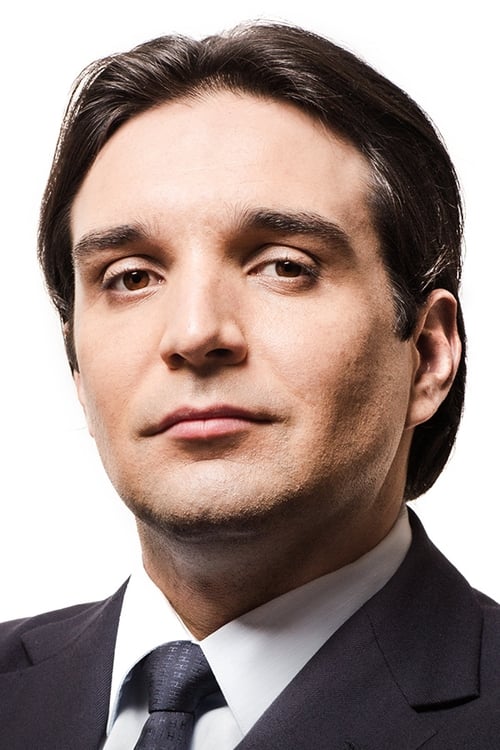
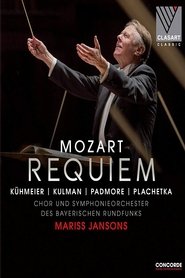
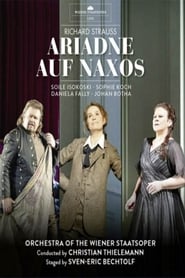
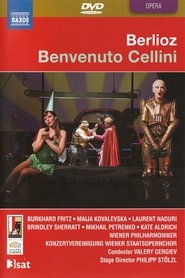 Live performance from Salzburg Festival Opera...
Live performance from Salzburg Festival Opera...